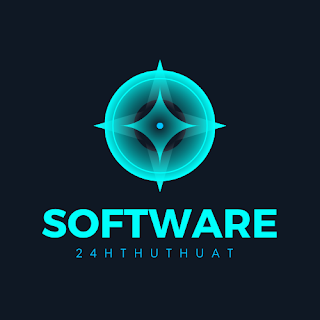Introduction to C Programming
Introduction to C Programming: A Beginner's Guide
C programming is a fundamental language in the world of computer science, and it has been a cornerstone of programming for decades. Developed by Dennis Ritchie in the 1970s, C is a general-purpose language that provides a robust and efficient way to build a wide range of applications, from operating systems to games. In this article, we will delve into the basics of C programming, its history, features, and applications, making it an ideal introduction for beginners.
A Brief History of C Programming
C programming has its roots in the early 1970s when Dennis Ritchie, a computer scientist at Bell Labs, was working on the Unix operating system. Ritchie wanted to create a language that was efficient, portable, and easy to use. He drew inspiration from earlier languages such as BCPL and B, and eventually developed C. The first version of C, known as K&R C, was released in 1978. Since then, C has undergone several revisions, with the latest standard being C11.
Features of C Programming
C programming is known for its simplicity, flexibility, and performance. Some of its key features include:
- Portability: C code can be compiled on a wide range of platforms, making it a versatile language.
- Efficiency: C is a low-level language, which means it provides direct access to hardware resources, making it fast and efficient.
- Structured Programming: C supports structured programming, which makes it easy to write and maintain large programs.
- Standard Library: C has a comprehensive standard library that provides a wide range of functions for tasks such as input/output, string manipulation, and memory management.
Basic Syntax of C Programming
C programming syntax is simple and easy to learn. Here are some basic elements of C syntax:
- Variables: In C, variables are declared using the
int,char,float, etc. keywords. For example,int x;declares an integer variablex. - Data Types: C supports a range of data types, including integers, characters, floating-point numbers, and strings.
- Operators: C has a range of operators, including arithmetic, comparison, logical, and assignment operators.
- Control Structures: C supports various control structures, such as
if-elsestatements,switchstatements, and loops (for,while, anddo-while).
Applications of C Programming
C programming has a wide range of applications, including:
- Operating Systems: C is used to build operating systems such as Unix, Linux, and Windows.
- Embedded Systems: C is used in embedded systems, such as microcontrollers, robots, and automotive systems.
- Games: C is used in game development, particularly for building game engines and tools.
- Web Browsers: C is used in web browsers, such as Google Chrome and Mozilla Firefox.
Conclusion
In conclusion, C programming is a fundamental language that provides a solid foundation for programming. Its simplicity, flexibility, and performance make it an ideal language for building a wide range of applications. Whether you're a beginner or an experienced programmer, C programming is an essential skill to have in your toolkit. With this introduction, you're ready to start your C programming journey and explore the vast possibilities of this powerful language.









